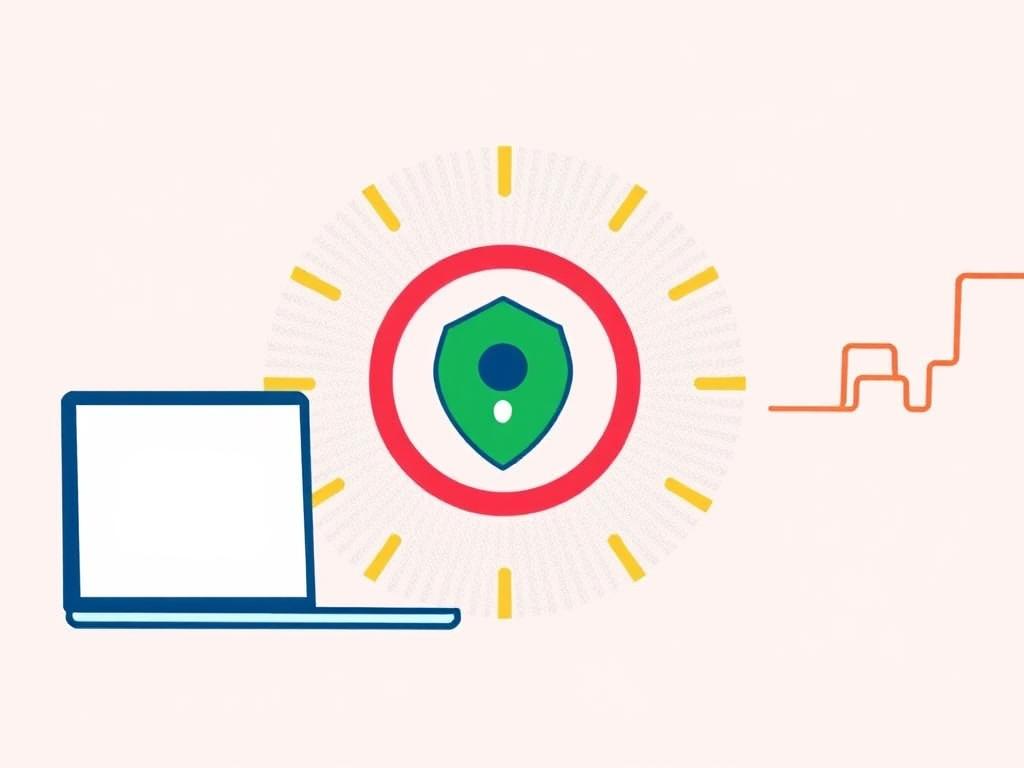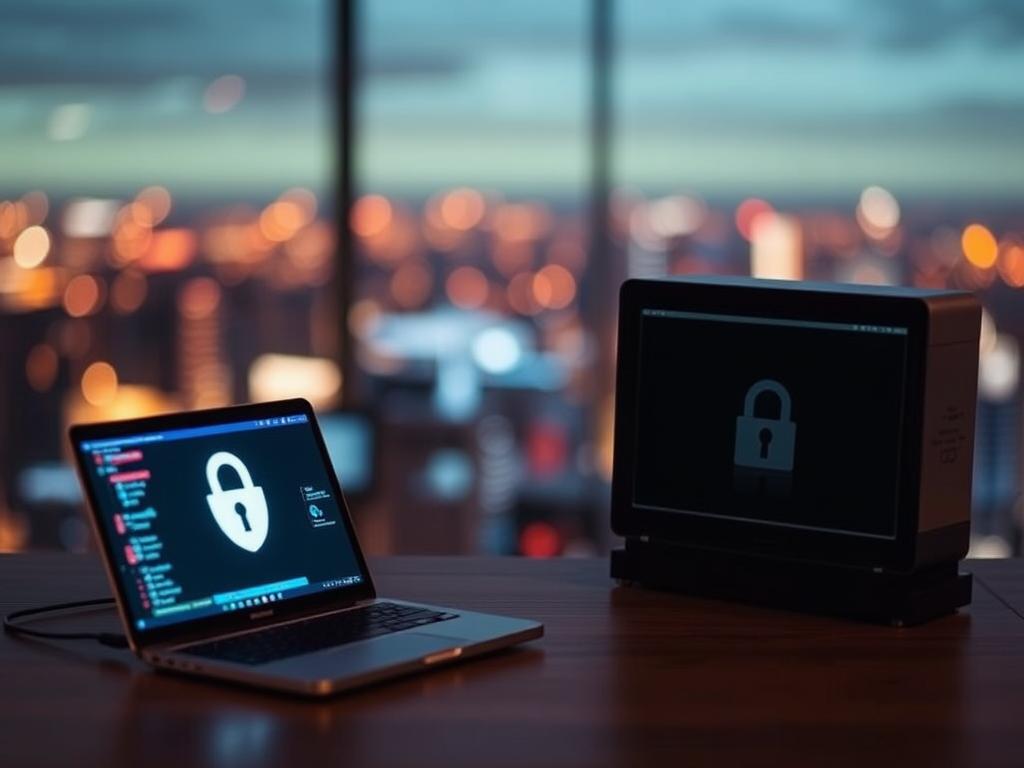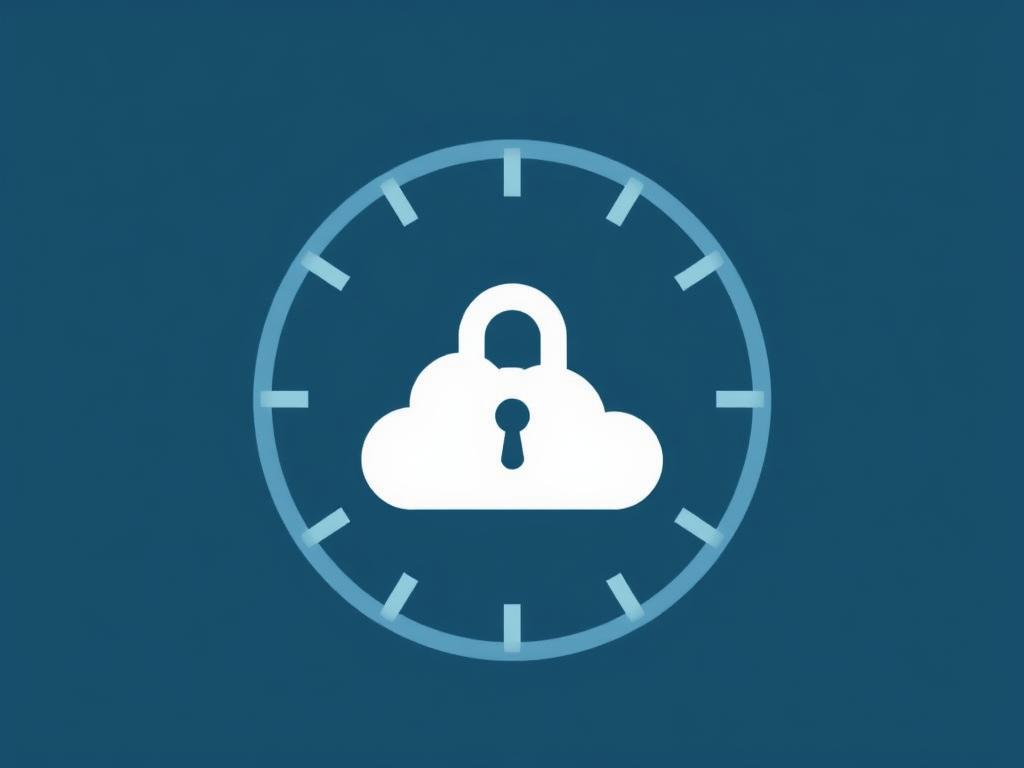Understanding Why Your VPN Might Be Slow

If you’ve ever connected to a VPN only to find your internet crawling at a snail’s pace, you’re not alone. VPNs can sometimes feel like they’re more trouble than they’re worth, but the truth is, there are many factors that affect why your VPN is so slow. Understanding these reasons is the first step to resolving the problem and getting your online experience back to normal.
When you use a VPN, your internet traffic is routed through an encrypted tunnel to a server operated by the VPN provider. This routing increases privacy and security but also adds extra steps to your data’s journey, which can affect speed. It’s not uncommon for VPN speeds to drop, but sometimes those slow speeds are due to issues you can fix yourself.
Common Causes of Slow VPN Speeds

There are multiple reasons why your VPN might be performing slowly. Let’s take a closer look at some of the typical causes:
1. Server Location and Distance
When the VPN server is geographically far from your location, your internet packets have to travel further, which adds latency and slows down connection speeds. Choosing a closer server usually helps improve speed.
2. VPN Server Overload
VPN servers have a limited capacity. When too many users connect to the same server, it gets congested and slows down for everyone connected. It’s like being stuck in traffic on a busy highway.
3. Encryption and Protocols
VPNs use different encryption standards and protocols, such as OpenVPN, IKEv2, WireGuard, and more. While stronger encryption offers better security, it can also reduce speeds due to the amount of processing required to encrypt and decrypt data.
4. Your Own Internet Speed
Sometimes the problem isn’t the VPN itself, but your base internet connection. If your internet is slow without a VPN, adding a VPN will generally reduce your speeds further.
5. Software and Device Issues
Outdated VPN apps, interference from firewall or antivirus software, and device limitations can all impact VPN performance. Ensuring your device’s software is up-to-date and properly configured is essential.
6. ISP Throttling
Some Internet Service Providers intentionally slow down VPN traffic by throttling it. This can cause noticeable dips in speed when connected to a VPN.
How to Test Your VPN Speed
Before you start troubleshooting, you should confirm whether your VPN is actually slow or if the problem lies elsewhere. Here’s a simple way to test your VPN speed:
- Use an internet speed test site like Speedtest.net or Fast.com.
- First, check your base internet speed without the VPN connected.
- Then, connect to your VPN and rerun the speed test while connected to different VPN servers.
- Compare the results to see how much speed you lose when using the VPN.
This test will help you identify if your VPN is significantly slowing your connection or if the issue might be related to your internet.
Proven Ways to Fix Your Slow VPN
Luckily, most VPN speed problems can be fixed with some simple steps. Here’s a handy table with common fixes and why they work:
| Fix | Why It Helps |
|---|---|
| Switch to a closer VPN server | Reduces latency by shortening data travel distance |
| Change VPN protocol (e.g., to WireGuard or IKEv2) | Faster protocols require less processing power and improve speed |
| Restart your device and VPN app | Clears temporary glitches or software conflicts |
| Close background apps using bandwidth | Frees up internet resources for the VPN connection |
| Update VPN software to the latest version | Fixes bugs and optimizes performance |
| Try a different VPN provider | Some VPNs have better infrastructure and faster servers |
| Disable antivirus or firewall temporarily | Prevents interference that may slow your VPN connection |
Additional Tips to Speed Up Your VPN
- Use a wired connection: If you’re on Wi-Fi, consider switching to an Ethernet cable for more stable speeds.
- Clear cache and cookies: Sometimes your browser’s stored data can slow down connections.
- Enable split tunneling: Some VPNs allow you to route only specific apps through the VPN, reducing overall strain on your bandwidth.
- Check for ISP throttling: Using a VPN to bypass ISP throttle can bring speed improvements, but if your ISP slows VPN traffic specifically, try changing the server or port.
VPN Protocols: Which One is Fastest?
Choosing the right VPN protocol can dramatically affect your speed and security. Here’s a brief overview in a table format:
| Protocol | Speed | Security | Best Use |
|---|---|---|---|
| OpenVPN | Moderate | High | General use, strong security |
| WireGuard | Fast | High | Streaming, gaming, fast browsing |
| IKEv2 | Fast | High | Mobile devices, reconnecting connections |
| L2TP/IPsec | Slow | Moderate | Older devices, fallback option |
If your VPN app allows switching protocols, try WireGuard or IKEv2 for a speed boost.
Why Some VPNs Are Slower Than Others
Not all VPNs are created equal. Some providers invest heavily in high-speed infrastructure with numerous servers worldwide, while others cut corners to save costs, resulting in slow, congested servers prone to delays. Free VPNs, in particular, tend to slow your connection more because they have fewer servers and user restrictions.
When choosing a VPN, pay attention to reviews and user feedback about speed and reliability. Paying for a premium VPN often ensures better performance and faster connections.
When to Contact Customer Support

If you’ve tried all the fixes and your VPN speed remains frustratingly slow, it might be time to reach out to the VPN provider’s customer support team. Reputable providers have technicians who can diagnose issues specific to their service and potentially resolve server-related problems or configuration errors you can’t fix on your own.
Conclusion
A slow VPN can feel like a roadblock to your online freedom, but it’s usually a solvable issue. By understanding the causes of VPN slowdowns—from server location and overload, to protocol choices and ISP throttling—you’ll be better equipped to identify what’s slowing your connection and how to speed it back up. Testing your internet speeds with and without the VPN, switching to faster protocols like WireGuard, choosing closer servers, and updating your VPN software are all smart moves to improve performance. Remember, not all VPNs perform the same, so picking a reliable provider can make a huge difference. With these practical tips, you’ll turn your slow VPN experience into a smooth and secure browsing session in no time.
